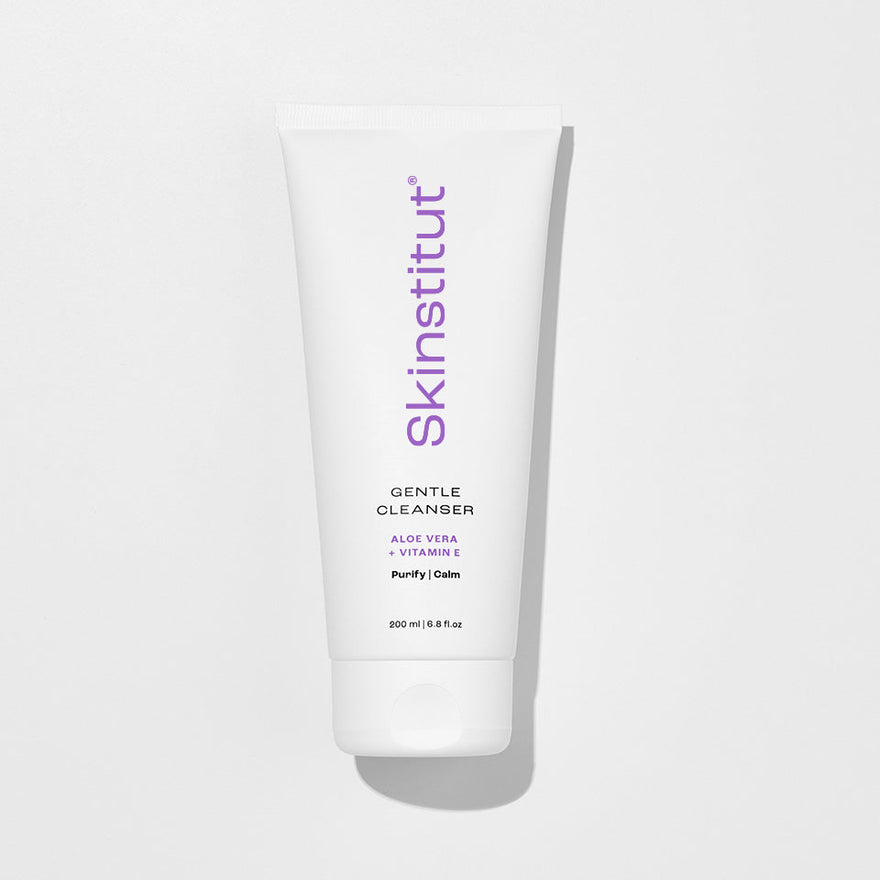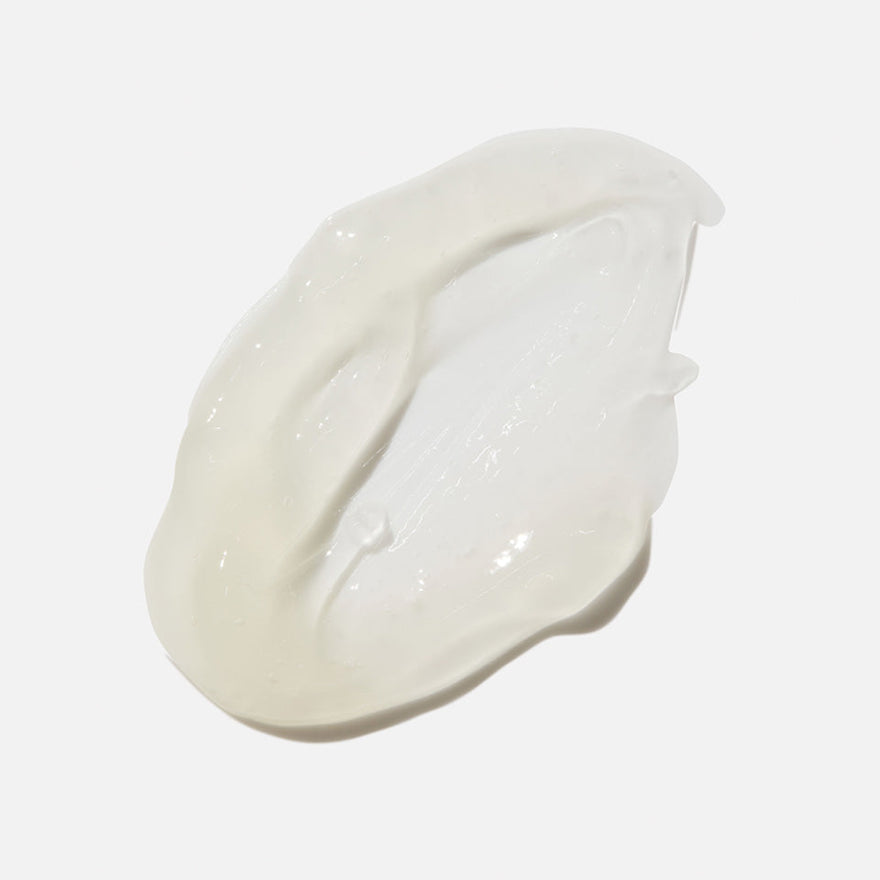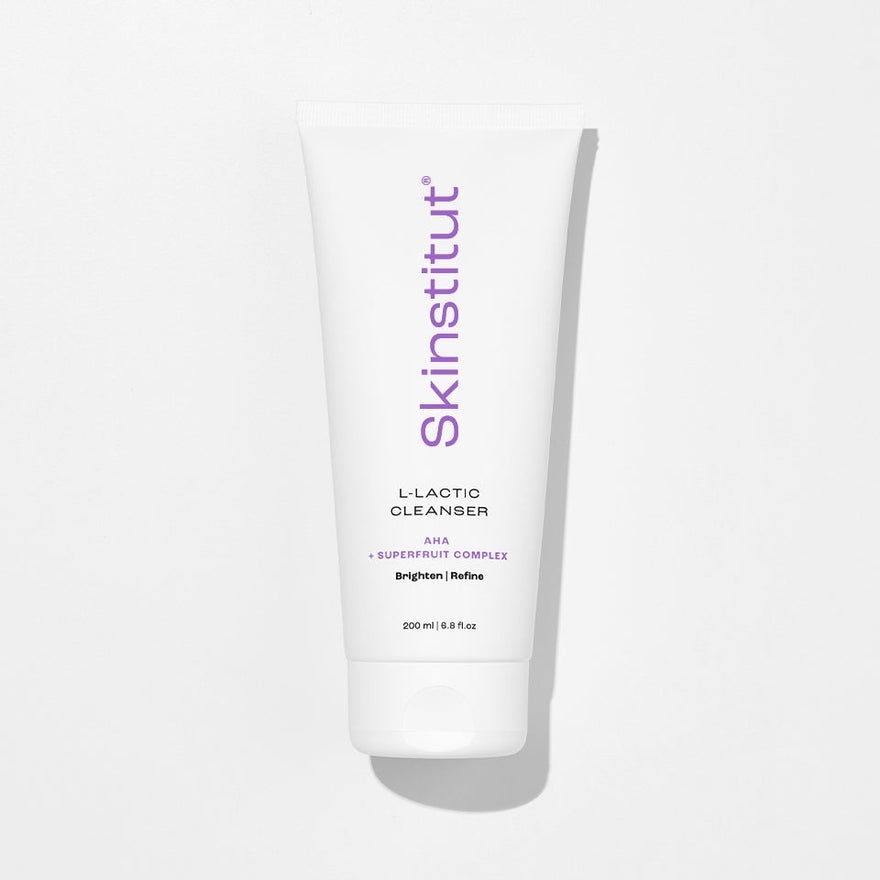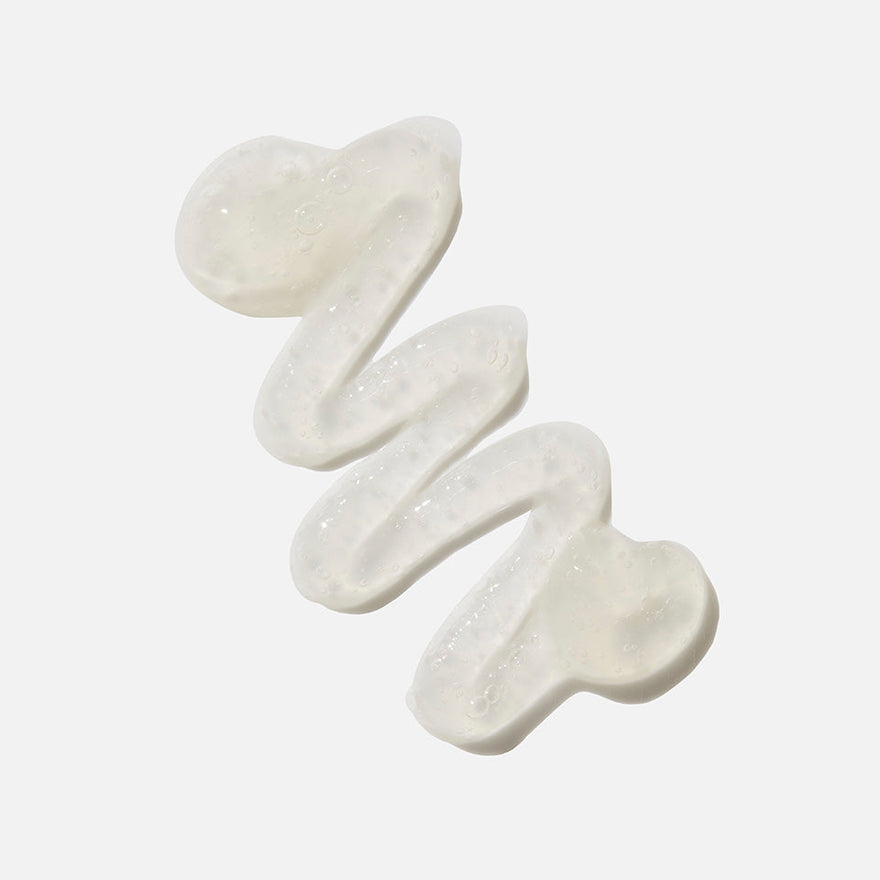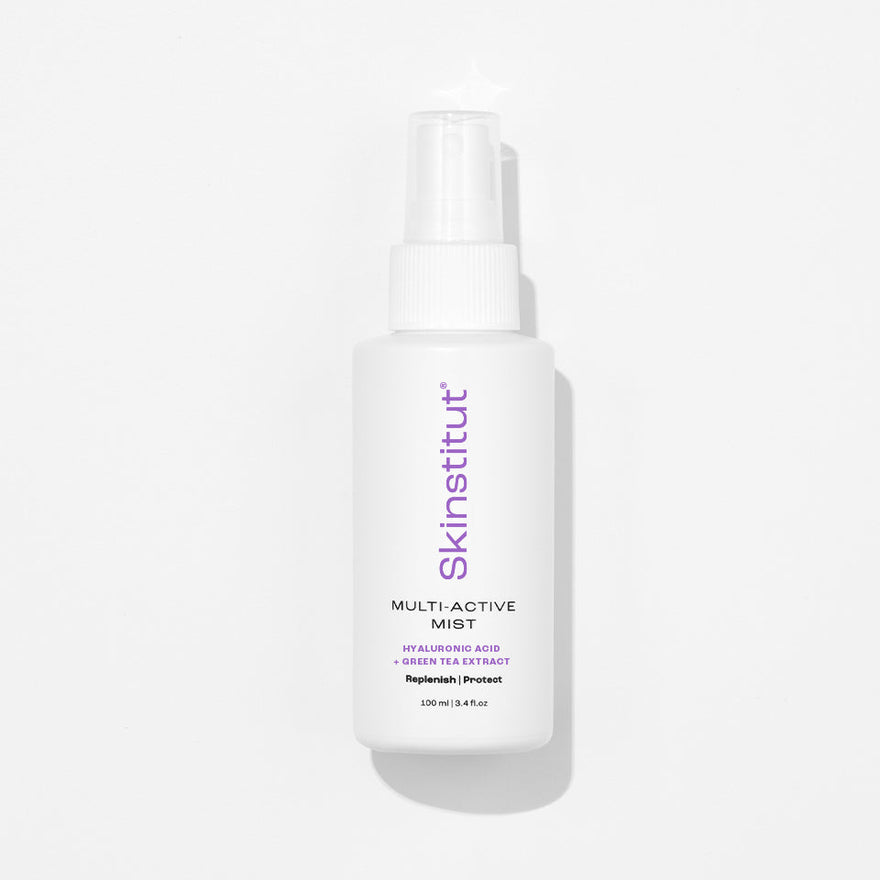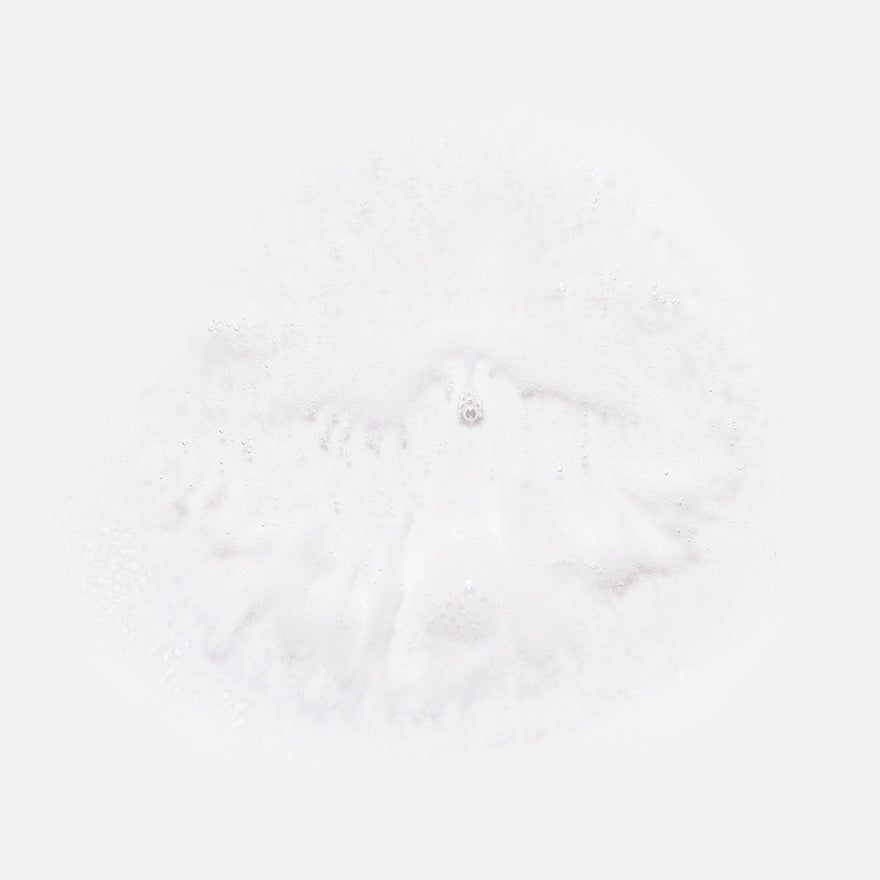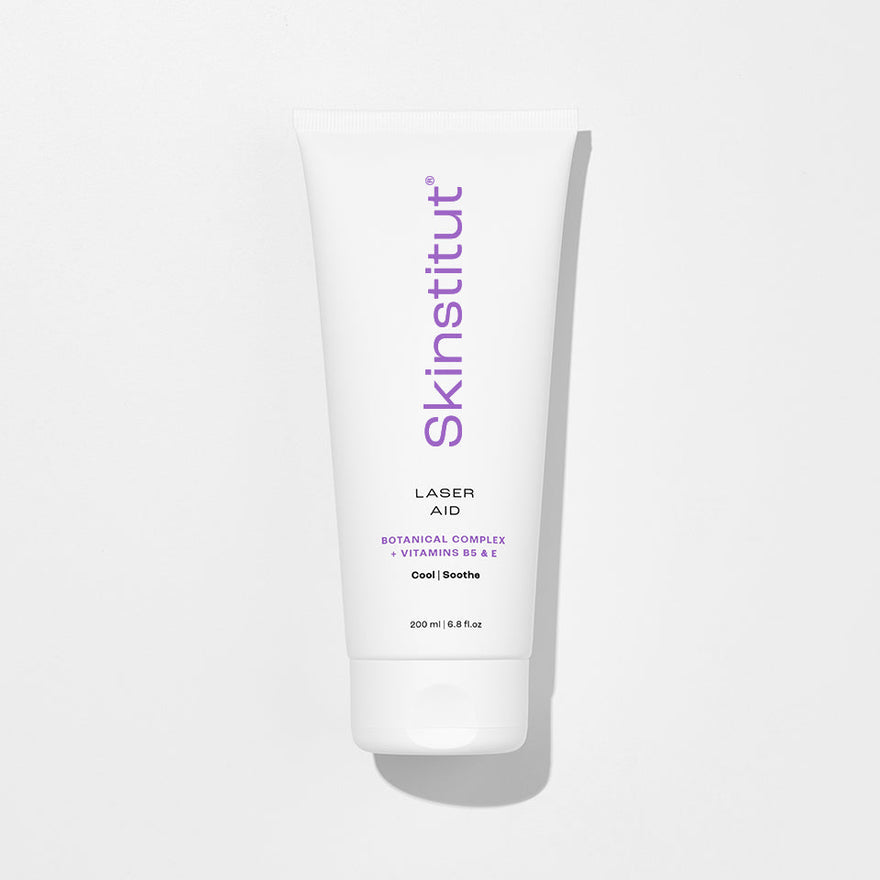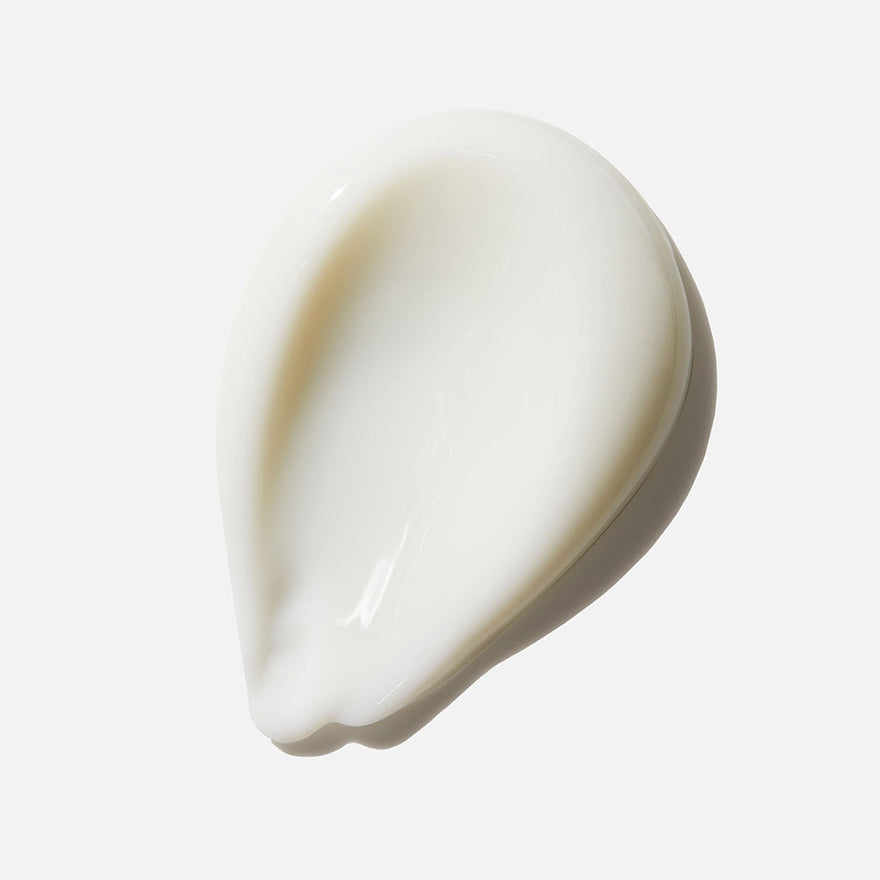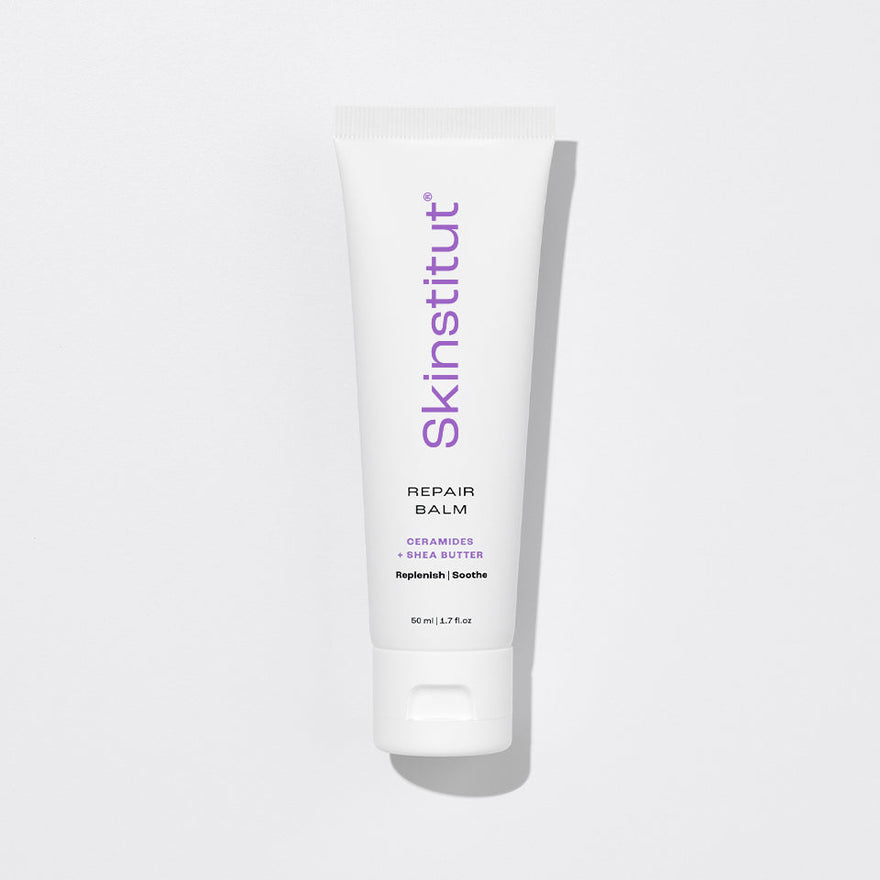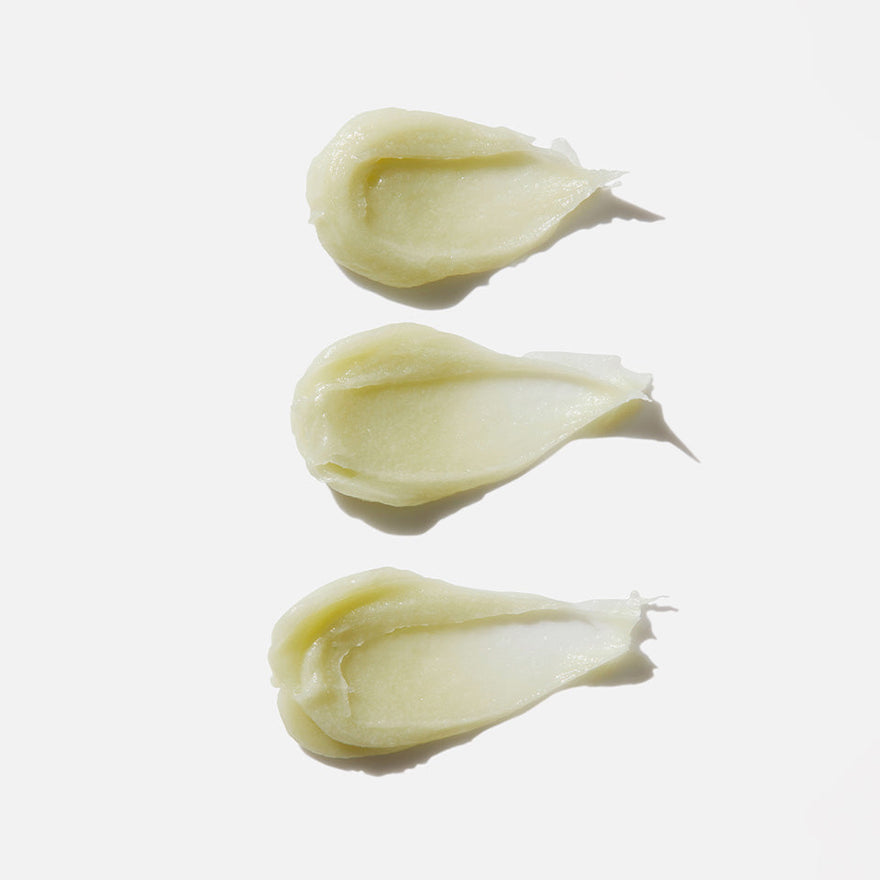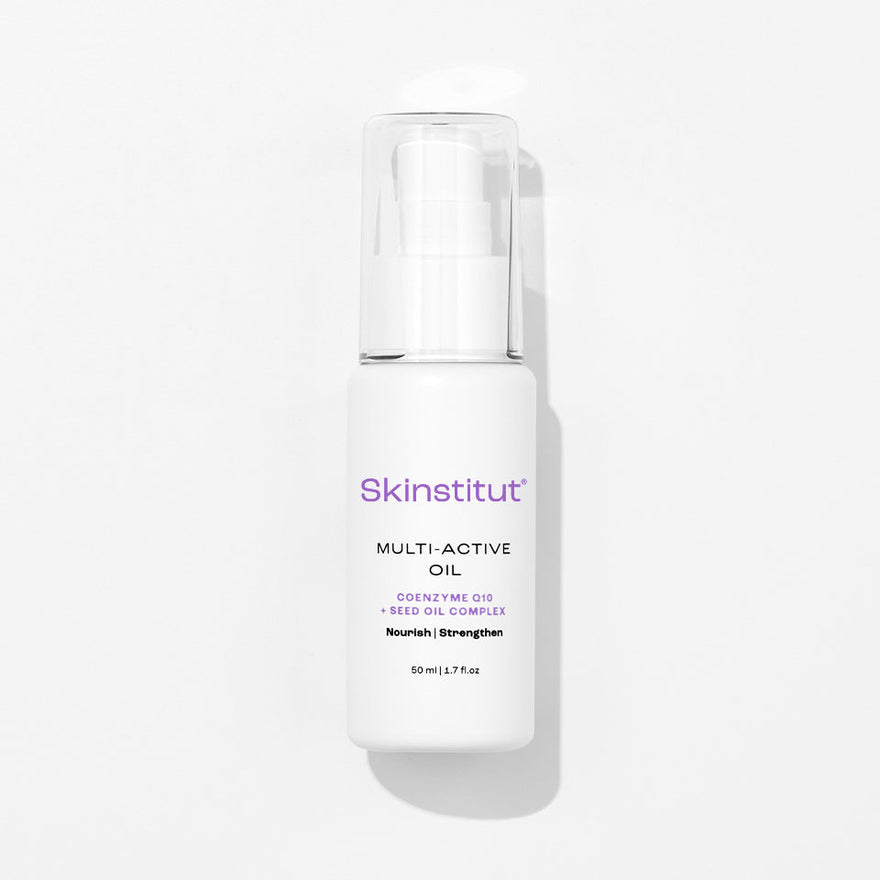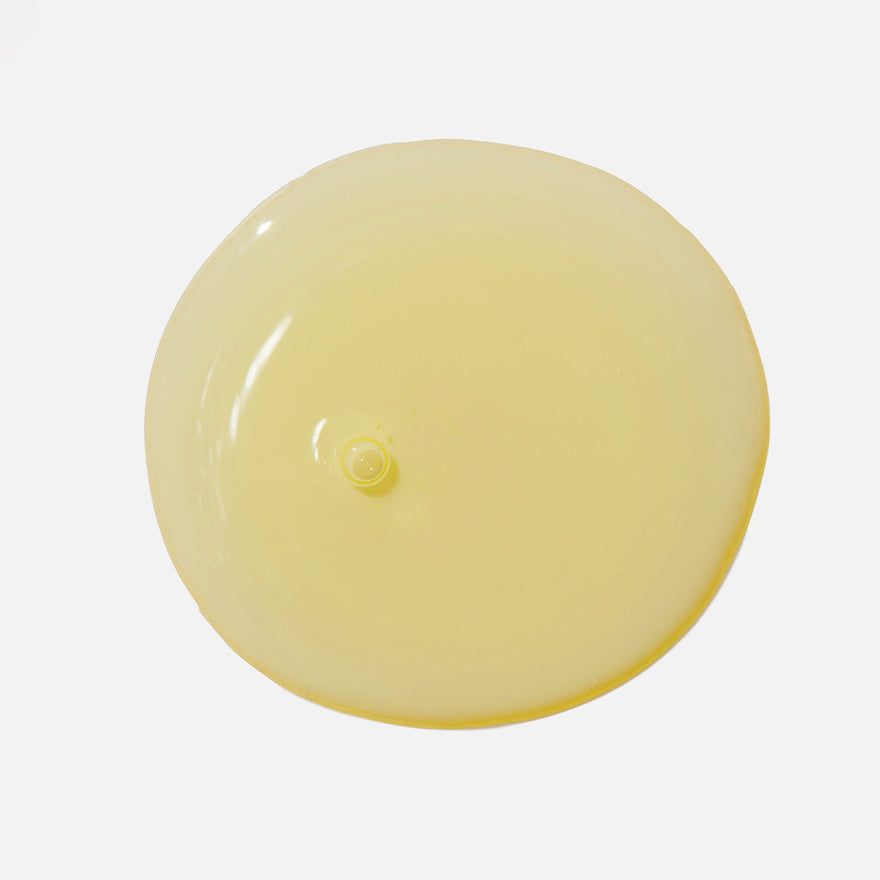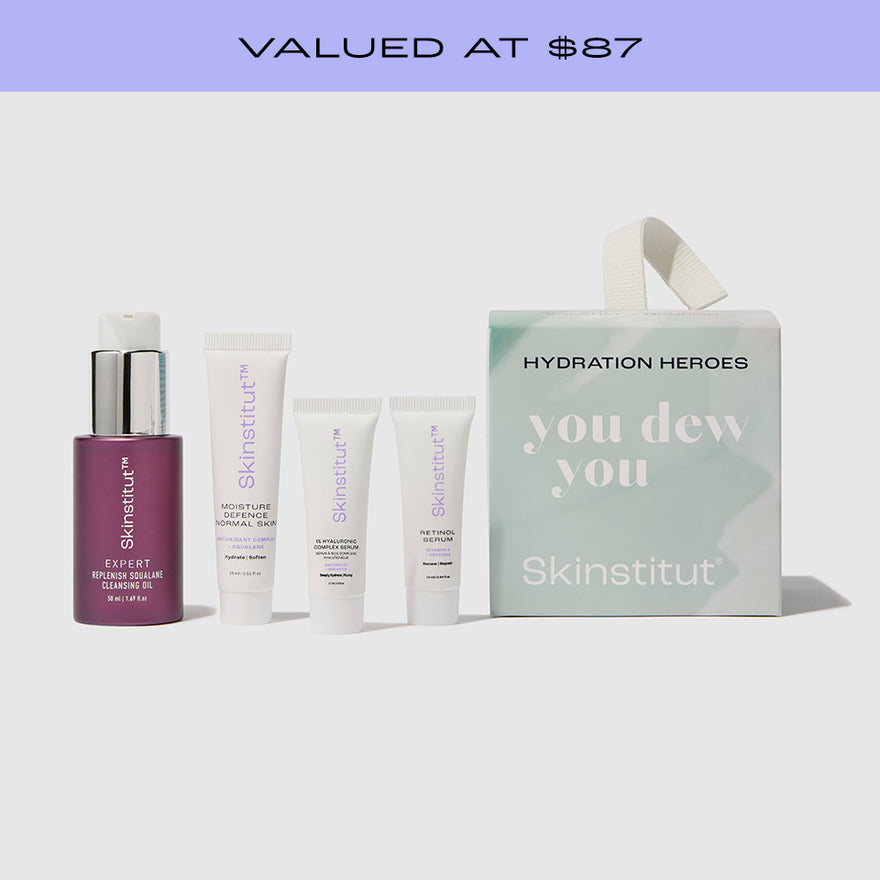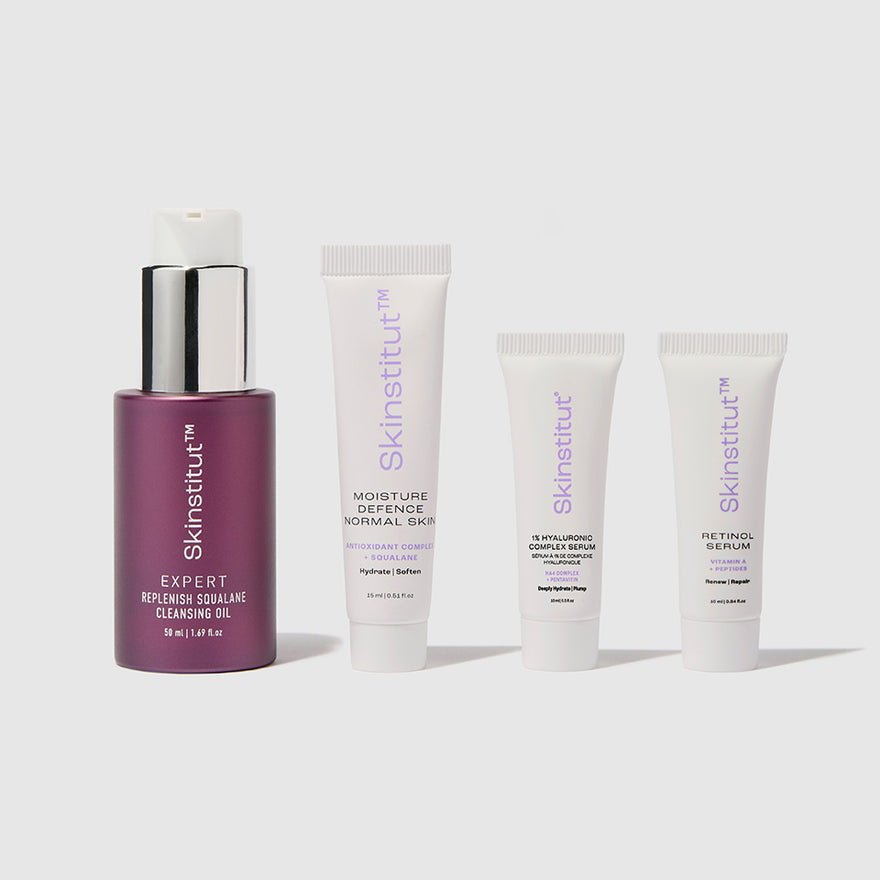Getting to the root cause of why your complexion is acting up is one part of the journey (you can read more on that here), but in the meantime, it’s essential to reach for ingredients that will soothe and repair.
Hyaluronic Acid
Hyaluronic Acid is a much-loved humectant that draws water into the skin. Because dehydration and irritation go hand in hand, it’s a great staple ingredient to keep your complexion plump and comfortable. It’s also supremely gentle, so there’s no risk of irritation.
Try: Expert Revitalise Hyaluronic Jelly Mask
This lightweight, cooling treatment floods the skin with hydration, leaving it softer and plumper in minutes.
Panthenol
A derivative of Vitamin B5, Panthenol is a water-soluble molecule that also has humectant properties. It helps with water retention and barrier function and is a great ingredient to soothe the flaking and rough texture issues that come with conditions like eczema.
Try: Gentle Cleanser
It’s essential to avoid harsh, stripping cleansers when your skin is irritated. Enriched with Panthenol, Vitamin E and Aloe Vera, Gentle Cleanser purifies without disrupting the skin’s pH.
Aloe Vera
If you remember your parents applying fresh Aloe Vera to your sunburn as a kid, text them to say ‘thank you’ — it’s actually a fantastic way to calm redness and promote healing. It’s rich in polysaccharides, sterols (similar to fatty acids) and antioxidants, so will work to prevent water loss and reduce redness.
Try: Laser Aid
Think of Laser Aid as a do-it-all sensitive-skin salve. It’s cooling, reduces inflammation and works quickly to correct redness. Use it as a spot treatment or leave-on mask.
Niacinamide
With so many benefits, it’s easy to see why the skincare world is obsessed with topical Niacinamide (Vitamin B3). It improves barrier function (a must for stressed-out skin), boosts collagen production and regulates oil flow, promoting a calmer, clearer complexion. Think of it as a multitasker that targets breakouts, redness and blotchy tone.
Try: Expert Restore Niacinamide Replenishing Cream
Not only is this moisturiser rich and softening, it’s also a top choice to calm and comfort skin prone to fine lines and redness, and you can use it day and night.
Ceramides
Ceramides are lipids that are found naturally in the upper layers of our skin – like a glue that holds the cells together. If your barrier is damaged, ceramides are perfect to help strengthen and repair, plus they also help to treat dryness and discomfort.
Try: Repair Balm
For seriously stressed skin, Repair Balm functions like a protective layer, blocking out external aggressors while locking in moisture. Use it in place of your moisturiser, or on any flaky spots as needed.
Try: Multi-Active Oil
Face oils are an easy but effective way to boost your lipid profile and reinforce the barrier. Multi-Active Oil is light and easily absorbed — try pressing a few drops into clean skin or add a drop to your moisturiser.
Shop our calming formulas for their protective, hydrating and soothing properties.



